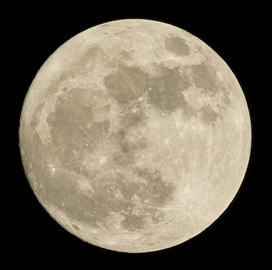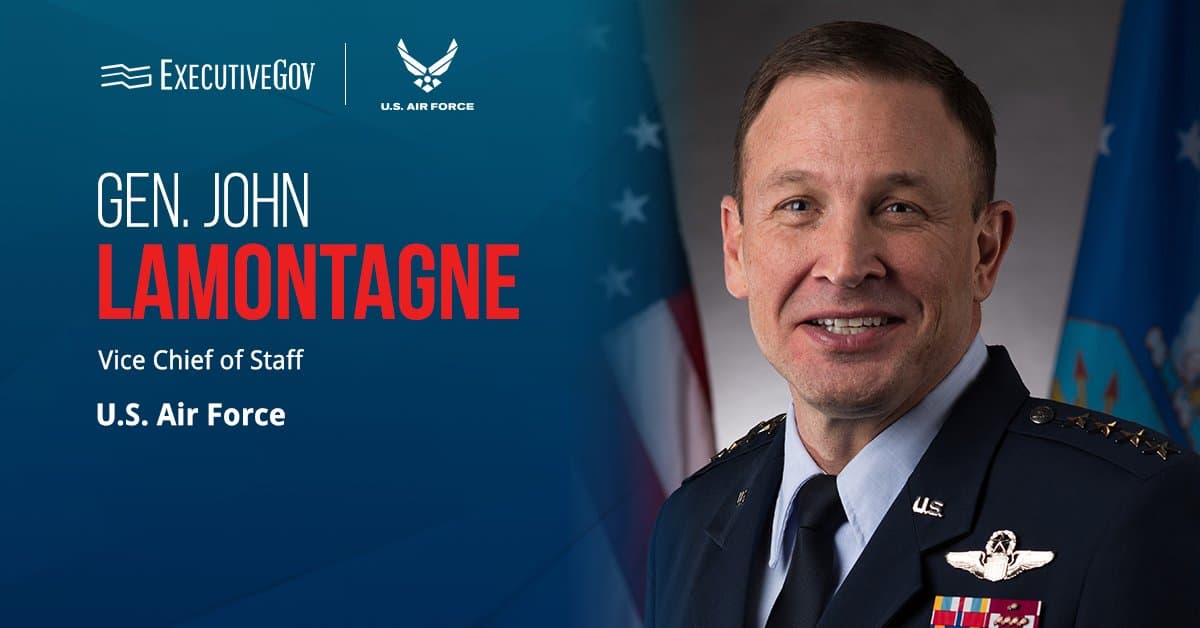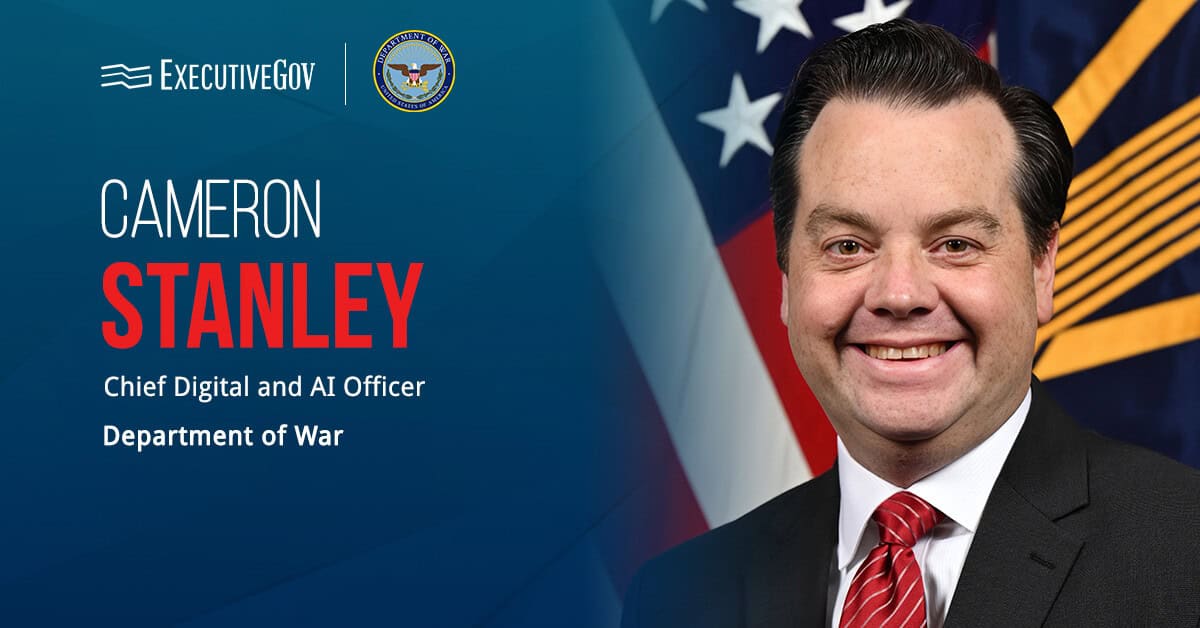China intends to establish its first outpost on the lunar surface by 2028 with plans to expand it into an international research station, Bloomberg reported Friday.
The country’s Chang’e 6, 7 and 8 missions would develop the lander, orbiter, rover and hopper that would make up the lunar base’s basic configuration.
According to Caixin, nuclear energy is likely to power the lunar base.
China, which became the first country to send a rover to the moon’s far side in 2019, also plans to bring astronauts to the moon in a move to challenge NASA’s edge in space exploration.
“Our astronauts will likely be able to go to the moon within 10 years,” Wu Weiran, chief designer of China’s lunar exploration program, told state broadcaster CCTV in an interview.





